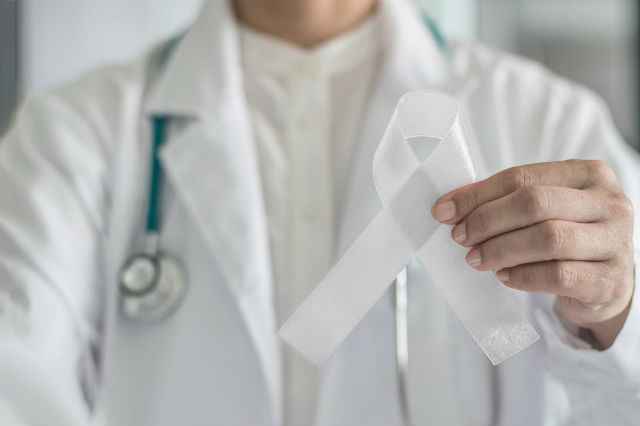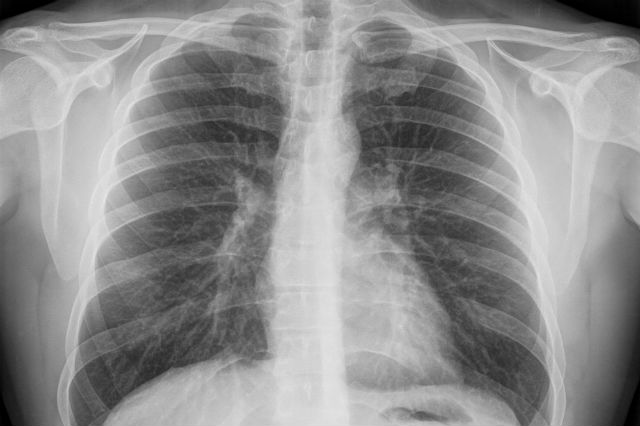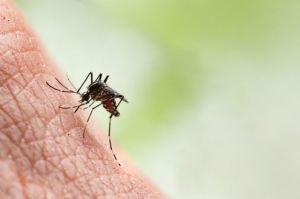More people die from lung cancer each year than any other form of cancer. Therefore, it’s crucial to educate yourself on the risk factors, warning signs and screening options. And there’s no better time to start than right now. You can make a difference simply by learning the facts and spreading lung cancer awareness.
Lung cancer stats
Every 2.2 minutes, someone in the country is diagnosed with lung cancer. That equates to 234,000 new diagnoses annually. Not only is lung cancer prevalent, it is the leading cause of cancer death among both men and women, accounting for about 25 percent of all cancer deaths. Each day, 422 American die of lung cancer. Each year, it takes more lives than of colon, breast, and prostate cancers combined.
There is a common misconception that lung cancer mostly affects smokers. However, 60 to 65 percent of all new lung cancer diagnoses are among people who have never smoked or are former smokers.
Lung cancer awareness is critical to developing potentially life-saving treatment. Only six percent of federal government dollars spent on cancer research are spent on lung cancer research. The lack of research, in part, is the cause of such a high mortality rate.
Symptoms and warning signs
According to the American Cancer Society, most lung cancers do not cause symptoms until they spread. However, some people with early lung cancer do begin to suffer certain symptoms. The most common lung cancer symptoms include an enduring cough or one that gets worse, coughing up blood, chest pain that is often worse when breathing deeply, trouble breathing or respiratory infections, hoarseness, and exhaustion or weakness.
Although most of these symptoms are more likely to be caused by another illness, it is vital to see medical attention immediately if you are suffering from any of these conditions. If you do have lung cancer, you can be diagnosed earlier, which greatly increases the likelihood of treatment being effective.
Prevention
Lung cancer cannot always be prevented. However, certain precautions can lower your risk of developing the disease. Most notable of these is to not smoke and stay away from secondhand smoke. Even if you have been a smoker in the past, once you cease the habit, your damaged lung tissue will gradually repair itself. Regardless of your age or how long you’ve smoked, quitting will lower your risk of developing lung cancer.

According to the U.S. Environmental Protection Agency, radon is the second-leading cause of lung cancer. Radon is a naturally occurring radioactive gas formed from the breakdown of uranium in soil in rocks. Outdoors, there is not enough radon for it to be harmful. Indoors, however, it can become more concentrated. Homes and buildings throughout the country can have high levels of radon, particularly in basements. The problem is you can’t see, taste or smell it. Instead, you’ll need to get your home tested and, if needed, treated professionally.
Other tips to help prevent lung cancer include avoiding other carcinogens like asbestos and certain chemicals, and limiting exposure to air pollution. Also, maintaining a healthy diet filled with fruits and vegetables lowers the risk of developing several forms of cancer.
Screening
Certain individuals are at an elevated risk for developing cancer. If you are between the ages of 55-80, a current smoker or have quit within the past 15 years, and have a 30 pack-year history, you are part of the high-risk population. (Pack year is a way to measure smoking history over an extended period of time. It is calculated by multiplying the number of packs of cigarettes smoked per day by the number of years the person has smoked.)
If you meet these criteria, the U.S. Preventive Services Task Force recommends getting screened annually for lung cancer. A screening is done with a low dose CT scan.
There are other factors that may require individuals to undergo annual screenings, such as previous lung cancer diagnoses. If you believe you may be at risk of developing lung cancer, consult your physician to get a full assessment.
What are you doing to help protect yourself or your loved ones from lung cancer? Tell us in the comments below. And read more about keeping your body healthy at AAA.com/healthfitness.
AAA can help patients pay for health care costs with Medicare Supplement insurance from AAA. Learn more.












